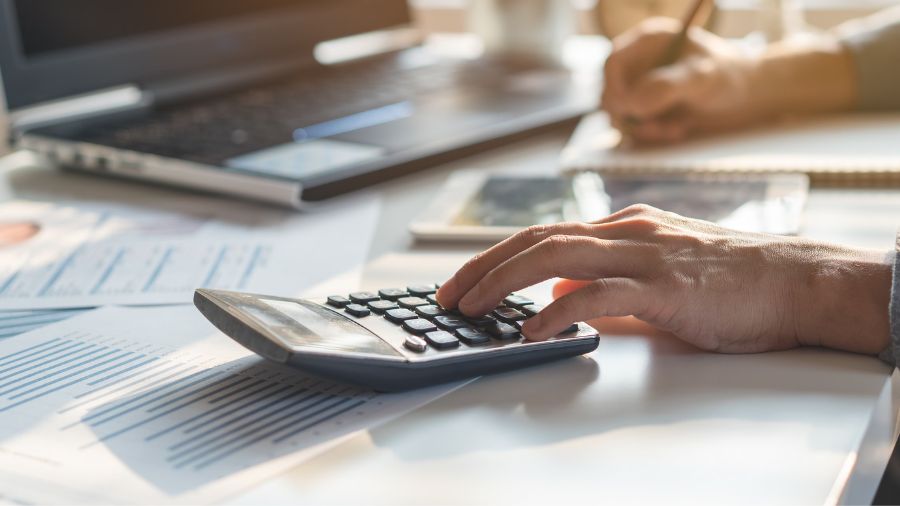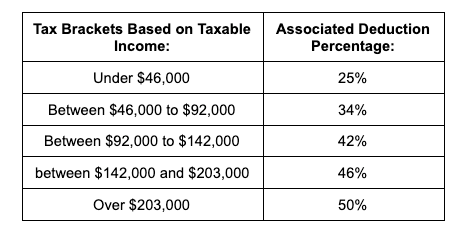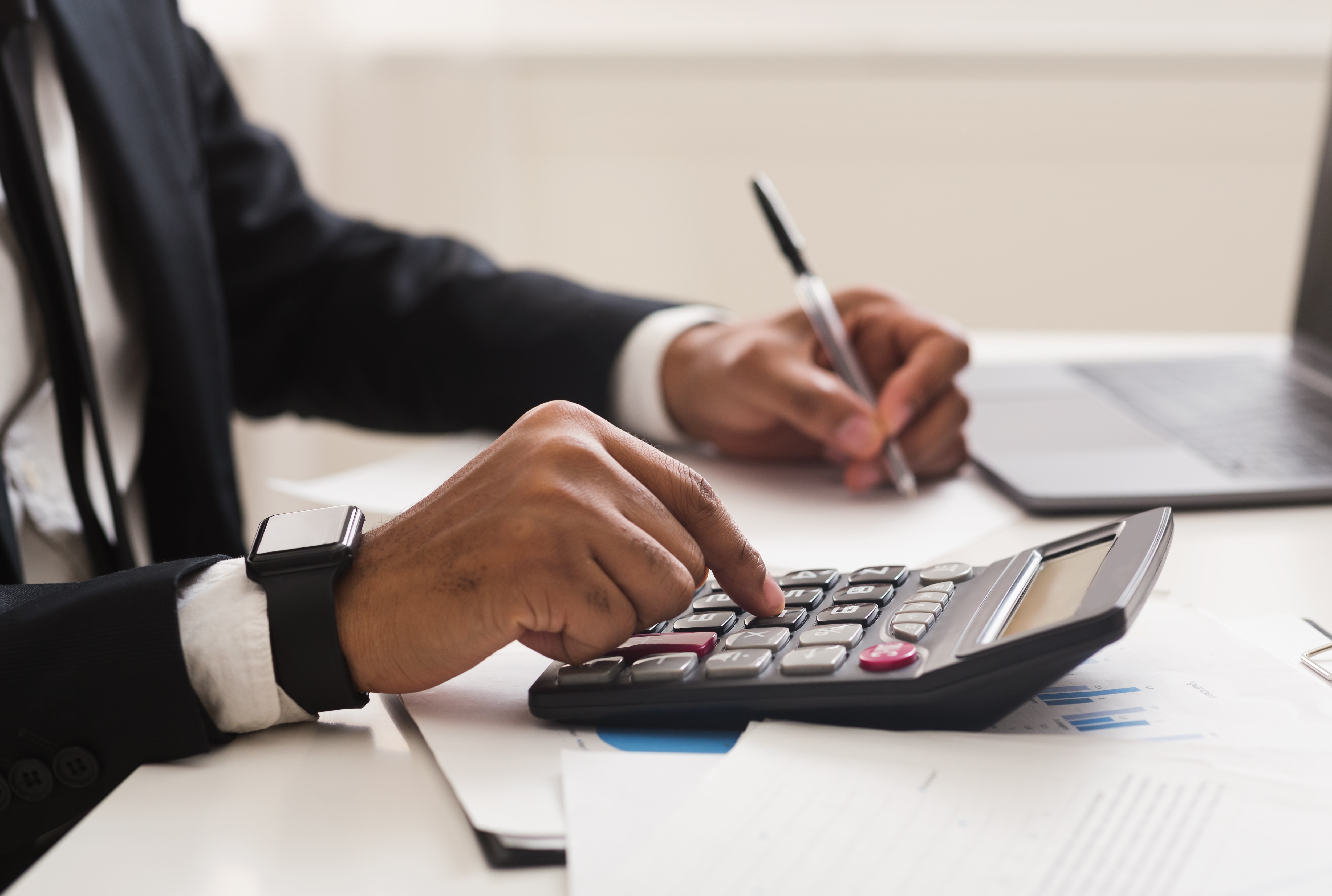Tax deductions, or tax write-offs, are deductions an individual or corporation can make on their tax returns to reduce their taxable income. These deductions affect a person’s or business’s federal income taxes and must be approved by the Canada Revenue Agency once they have been filed.
Small business owners and self-employed individuals can benefit from the use of income-tax deductions, as they can be applied to various business and personal expenses to reduce your taxable income. So how can deductions work for you?
These topics will help you understand more about expense and tax deductions and it’s role in small business management:
- 10 Common Small Business Deductions
- 8 Business Operating Expenses You Can Deduct
- What are Overhead Costs?
- How to Deduct Home Office Expenses
- How to Deduct Vehicle Expenses
- How to Deduct Advertising and Marketing Expenses
- How to Expense Entertainment and Meals
- What are Travel Expenses?
- What are Miscellaneous Expenses?
- What is Capital Cost Allowance?
- What is EBIT?
- What is Bad Debt Expense?
- How to Claim Tax Deductions
- Best Receipt Scanners
- Best Expense Tracking Apps




